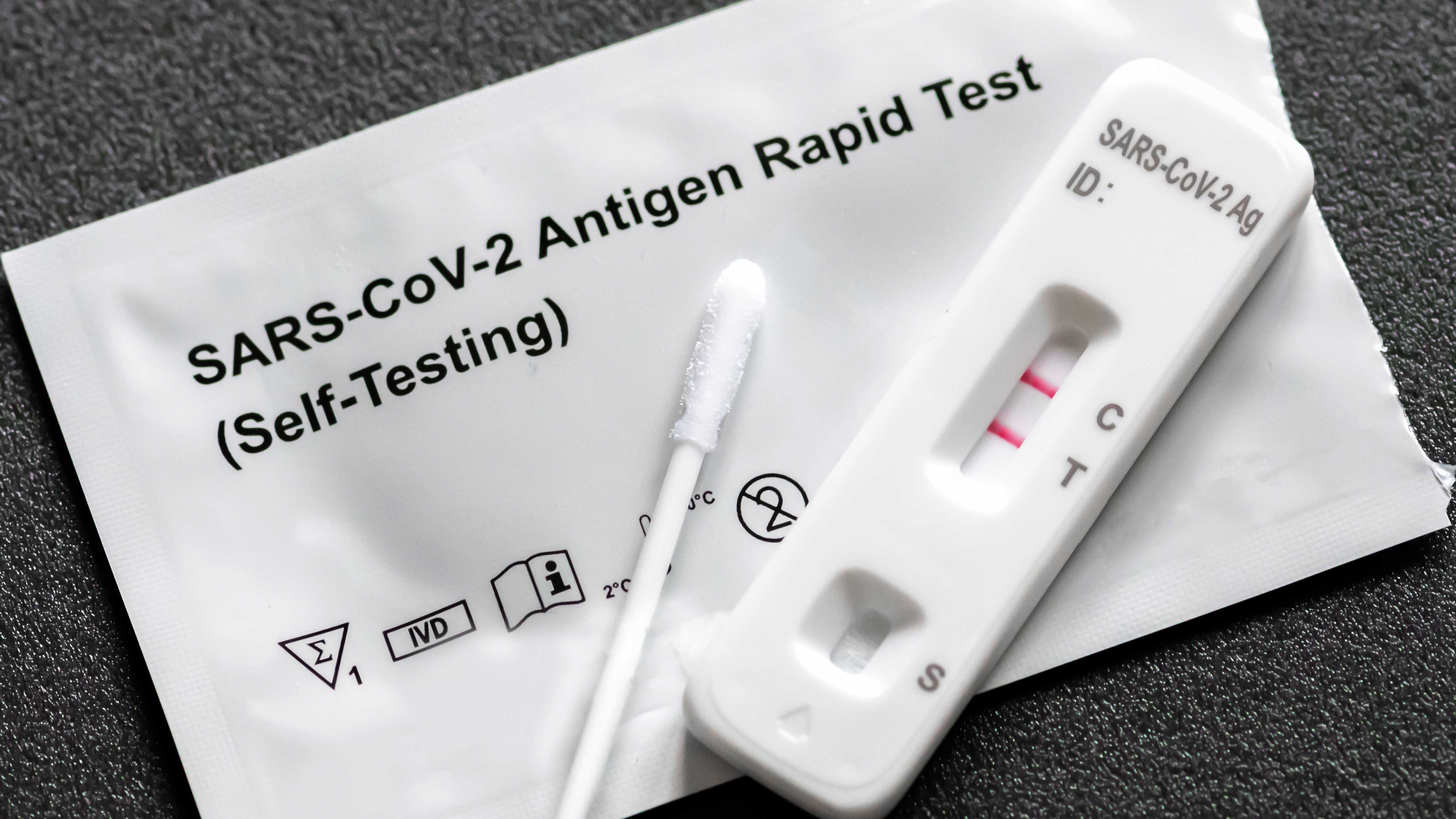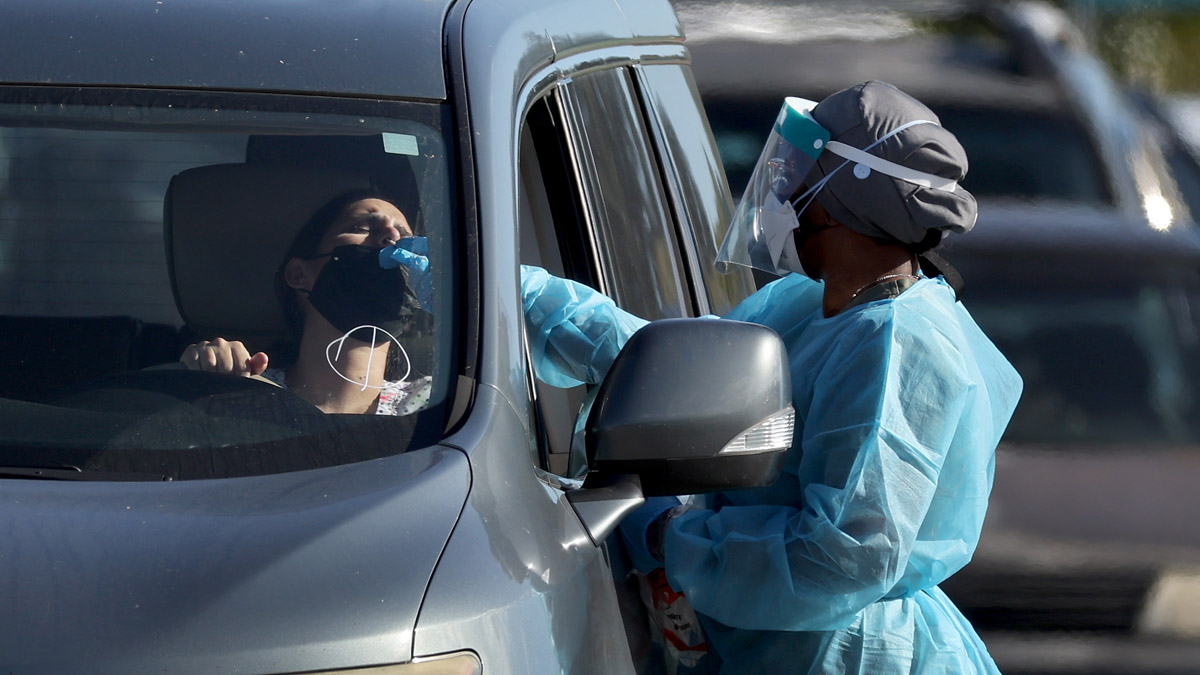If you're experiencing COVID symptoms and were exposed, but continue testing negative for the virus, what does that mean?
There have been some anecdotal reports of people contracting the virus but not testing positive for a number of days, even while symptomatic. Others, don't test positive at all. So how can you tell?
Experts say that while transmission rates continue to remain high, those experiencing symptoms likely have COVID.
"If you think you have a cold, if you think you have allergies, there is a good chance right now with how much COVID is around that it could be COVID," Chicago Department of Public Health Commissioner Dr. Allison Arwady said as the city entered a "high community level" late last month.
Feeling out of the loop? We'll catch you up on the Chicago news you need to know. Sign up for the weekly Chicago Catch-Up newsletter here.
Illinois Department of Public Health Acting Director Amaal Tokars this week urged anyone who is sick to stay home, saying the state has seen a 10% increase in cases since the Memorial Day holiday.
When it comes to testing accuracy, positive results are more reliable than negative, officials said. That can be for a variety of reasons.
According to the Mayo Clinic, "the risk of false-negative or false-positive test results depends on the type and sensitivity of the COVID-19 diagnostic test, thoroughness of the sample collection, and accuracy of the lab analysis."
According to the Centers for Disease Control and Prevention, "positive results from self-tests are highly reliable." Negative results, however, may not rule out infection, particularly in those with COVID-19 symptoms, the CDC states.
"If it's positive, it's positive, like we don't worry about false positives," Arwady said.
She noted that in some cases, a negative test could be because levels of viral load may be lower, "and the chance of you spreading it is lower, but it's not zero."
"If you never had a positive at-home test and you're still not having a positive at-home test, almost certainly, your level of virus was pretty low," she said.
In a recent New York Times article, science journalist Melinda Wenner Moyer wrote that while her daughter tested positive for COVID, other members of her family who developed symptoms soon after did not.
When she inquired with experts as to why that may be, she learned that vaccination status can also play a role.
Dr. Gigi Gronvall, an immunologist at the Johns Hopkins Center for Health Security in Baltimore, told Moyer that because vaccination helps keep the virus from replicating too quickly, it may keep people who received the COVID vaccine from testing positive right away, or even at all.
The CDC recommends those who test negative, test again 24-48 hours after their first test.
"Consider repeating the test 24 to 48 hours later," the guidance states. "Multiple negative tests increases the confidence that you are not infected with the virus that causes COVID-19."
Juliet Morrison, a microbiologist at the University of California, Riverside, also noted that in such cases vaccination “keeps the viral load below the level of detection."
That can include even those who are symptomatic, because their symptoms may be related to the immune system's response and not just the virus, Gronvall told the NYT.
Still, CDC guidance states that, regardless of symptoms or vaccinations, those who are exposed to someone with coronavirus should get tested at least five days after their exposure.
Those who develop symptoms should get tested as symptoms develop, but if a test is negative and symptoms persist another test might be needed a few days later, particularly for those who use at-home test kits.



